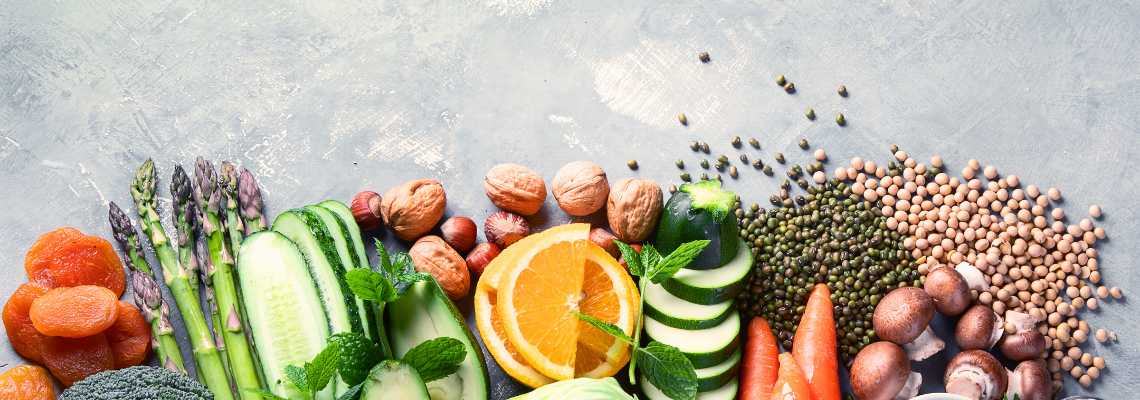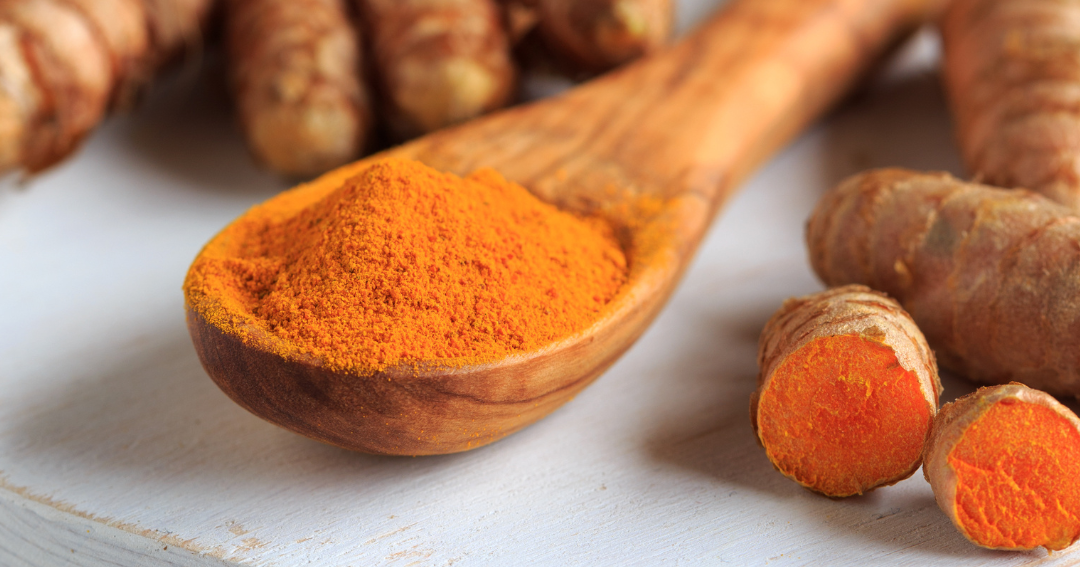The Impact of Diet on Cancer Prevention
Why Are Fruits and Vegetables Important in Cancer Prevention?
Likewise, the role of specific foods in cancer prevention has been a prominent area of study for cancer specialists. In particular, the effects of fruits and vegetables on an individual’s cancer risk—and the mechanism behind those effects—are coming to light. Those with a healthy diet that includes fruits and vegetables were shown to have a reduced risk of hepatocellular carcinoma, the most common type of liver cancer. Similarly, diets including vegetables such as kale, brussels sprouts, and bok choy have been connected to a reduced risk of prostate cancer.
Today, fruits and vegetables are considered an effective, natural cancer prevention method. For high-risk patients and others focused on cancer prevention, increasing fruit and vegetable intake in their diet could be the next step.
Reactive Oxygen Species and Mitochondrial Damage
The anticarcinogenic effect of fruits and vegetables is not type-specific. A review of over 200 studies revealed that patients with low fruit and vegetable intake experienced twice the risk of cancer compared to those with high intake. Likewise, a 2021 meta-analysis showed that fruit and vegetable intake were associated with 11% lower risk of estrogen-receptor-positive (ER+) and progesterone-receptor-positive (PR+) breast cancer, and a 26% lower risk of estrogen-receptor-negative (ER-) and progesterone-receptor-negative (PR-) breast cancer. In an additional meta analysis, 11 of 13 studies indicated a significant protective effect of fruits and vegetables against ovarian, endometrial, and cervical cancer. Further studies include pancreatic, stomach, colorectal cancer, and more.
Fruits and vegetables owe their cancer-fighting properties to their ability to mitigate reactive oxygen species and limit mitochondrial damage. As oxidative stress, hypoxia, genetic mutations, and lack of apoptotic function are the leading internal causes of cancer, fruits and vegetables minimize cancer risks through their antioxidant, anti-inflammatory, and pro-apoptotic attributes. In particular, the flavonoids and carotenoids found in high concentrations in fruits and vegetables fight cancer development.
Flavonoids
Flavonoids have been part of the human diet since ancient times. Berries, citrus fruit, apples, and legumes are the primary sources of flavonoids in the diet. As a potent natural antioxidant, flavonoids have three main effects on cancer development.
Direct antioxidant effects. Flavonoids can directly scavenge and protect against reactive oxygen species.
Indirect antioxidant effects. Flavonoids also activate other antioxidant enzymes, such as glutathione (GSH), superoxide dismutase (SOD), catalase (CAT), glutathione peroxidase (GPx), and glutathione reductase (GR). These antioxidants work to dismutase free radicals in the body.
Pro-oxidant effects. Under pathological conditions, flavonoids act as beneficial pro-oxidants. By activating autophagy and apoptosis, flavonoids mediate healthy cell death and reduce cell mutation. Flavonoid-induced autophagy has even been shown to protect against toxicity during cancer treatment.
Flavonoids also have anti-inflammatory properties. As cancer development has been linked to inflammation, flavonoids’ ability to inhibit proinflammatory cytokines, alongside their antioxidant characteristics, make them a formidable form of cancer prevention.
Carotenoids
According to the American Cancer Society, a healthy diet should include dark green, red, and orange vegetables, all of which are rich in carotenoids. Carotenoids are a family of pigments found in many yellow, orange, and red fruits and vegetables. These include squash, carrots, and tomatoes. Carotenoids are also present in some dark green leafy vegetables, such as spinach. Though just pigments, they have been found to reduce several health risks—including cancer.
Antioxidant Activity
Like flavonoids, carotenoids are potent natural antioxidants. Carotenoids scavenge reactive oxygen species and other free radicals. As a result, they reduce oxidative damage and have been linked to preventing several types of cancer, including lung and skin cancer.
Gene Expression
Additionally, carotenoids prevent cancer more directly by mediating gene expression. Studies indicate that one carotenoid, beta-cryptoxanthin, stimulates the RB gene, an anti-oncogene, and the p73 gene, one of the p53 genes that regulate tumor suppression. Another carotenoid, lycopene, is associated with reduced genomic instability among men.
The Most Effective Dietary Antioxidants
The fruits and vegetables with anticarcinogenic effects are numerous. Raspberries, blackberries, and cranberries inhibit several cancer cell lines of reactive oxygen species. Apples can impede cell proliferation. Resveratrol, a chemical that can suppress breast, blood, and lung cancers, is found in fruits such as grapes, blueberries, raspberries, and mulberries. Grapes have also reduced malondialdehyde (MDA), which is a marker of oxidative stress. According to the National Cancer Institute (NCI), the vitamin C found in oranges is an essential nutrient with redox properties that can decrease cell proliferation in prostate, pancreatic, hepatocellular, colon, and mesothelioma-related cancers.
Nutrition and Cancer Prevention
Dietary modifications can reduce the risk of cancer development by nearly 40%. Yet, according to the Centers for Disease Control and Prevention (CDC), fewer than 1 in 10 adolescents and adults eat enough fruits or vegetables.
As a healthcare provider, your patients may come to you for the best healthy living practices. While you work with your patients to prevent cancer development, consider fruit and vegetable supplementation. Paired with early detection from regular cancer screening, these lifestyle changes can limit cancer’s impact on your patient’s lives.
You May Also Like
These Related Blog Posts

How Does A Plant-Based Diet Affect Hormones?

Medical Testing for Customized Nutrition


